
When it comes to maintaining optimal energy levels throughout the day, the food you eat plays a crucial role. For men, who often juggle demanding jobs, active lifestyles, and various responsibilities, proper nutrition is key to sustaining high energy levels and overall well-being. In this comprehensive guide, we will explore the best foods for men’s energy, offering practical advice and tips for incorporating these power foods into your daily diet.
Understanding Energy Needs
Before diving into specific foods, it’s essential to understand what drives energy in the body. Energy comes from the nutrients we consume, primarily carbohydrates, proteins, and fats. Additionally, vitamins and minerals play a vital role in energy production and metabolic processes.
Macronutrients and Their Roles
Carbohydrates:
Carbohydrates are the main energy source for the body. They are converted into glucose to power your cells. Choose complex carbohydrates, such as whole grains and vegetables, for longer-lasting energy.
Proteins:
Proteins are the building blocks of muscles and are essential for repairing and building muscle mass. They are a good source of energy and are needed for good health. Eat lean meats, fish, eggs, and plant-based proteins.
Fats:
Healthy fats are a concentrated source of energy and aid in the absorption of fat-soluble vitamins. Eat more unsaturated fats found in avocados, nuts, and olive oil.
Micronutrients and Their Impact
Vitamins and minerals support energy production by aiding metabolic processes and reducing fatigue. Key nutrients include:
- B vitamins are essential for converting food into energy.
- Iron helps transport oxygen to cells, preventing fatigue.
- Magnesium supports muscle function and energy production.
Top Foods for Boosting Energy
1. Oats
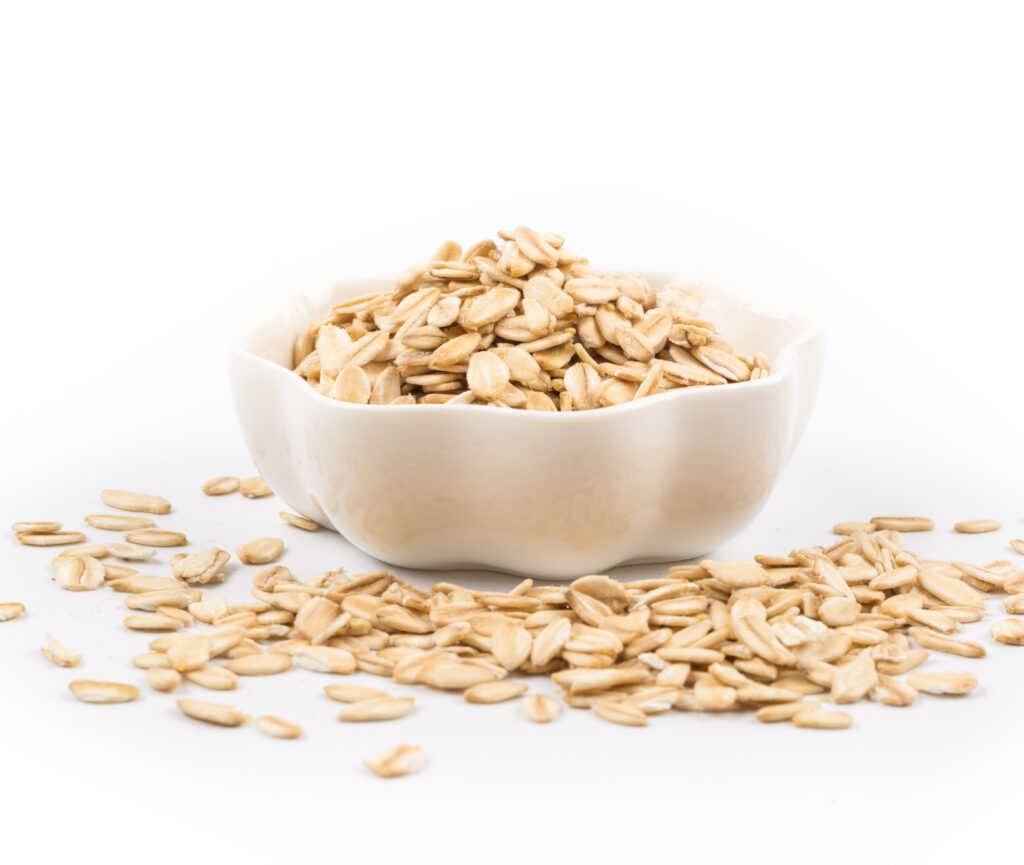
Oats are an excellent source of complex carbohydrates and provide sustained energy throughout the day. They are also rich in fiber, which aids in digestion and helps maintain stable blood sugar levels.
How to Incorporate Oats: Enjoy oatmeal for breakfast, add it to smoothies, or use oat flour in baking.
2. Eggs
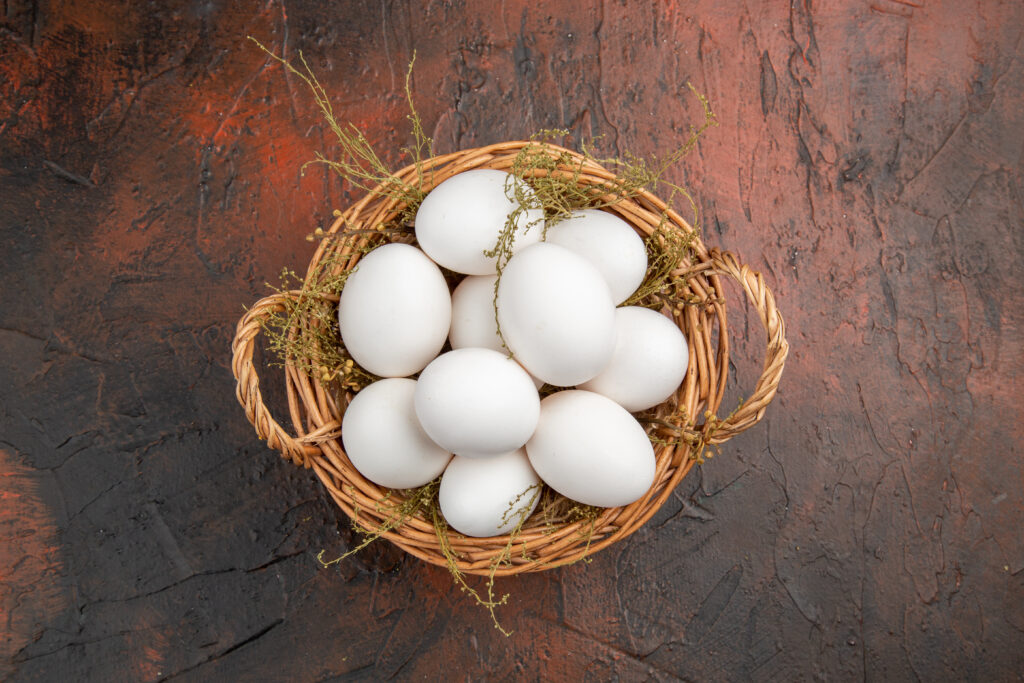
Eggs are a powerhouse of protein, offering a quick energy boost. They are also rich in B vitamins, particularly B12, which is crucial for energy production.
How to Incorporate Eggs: Have them scrambled, poached, or boiled. Add eggs to salads or make an omelet with vegetables for a nutrient-dense meal.
3. Lean Meats
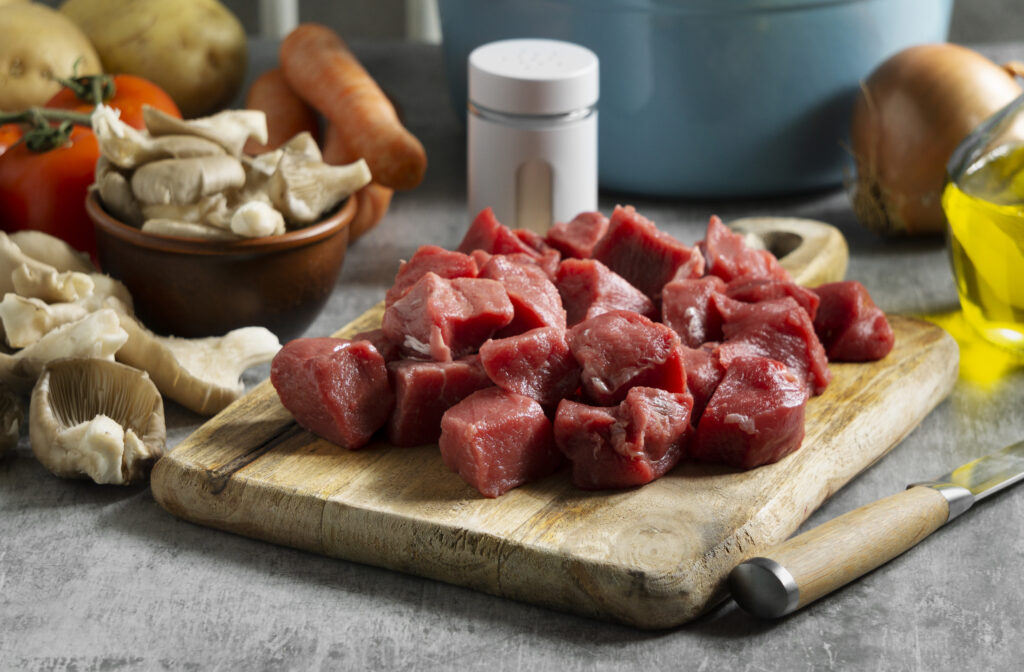
Lean meats, such as chicken breast, turkey, and lean cuts of beef, are excellent sources of high-quality protein and amino acids. They are also high in iron, which is important for energy.
How to Incorporate Lean Meats: Barbecue, bake, or sauté lean meats and toss them into salads, wraps, or serve as a main course.
4. Nuts and Seeds
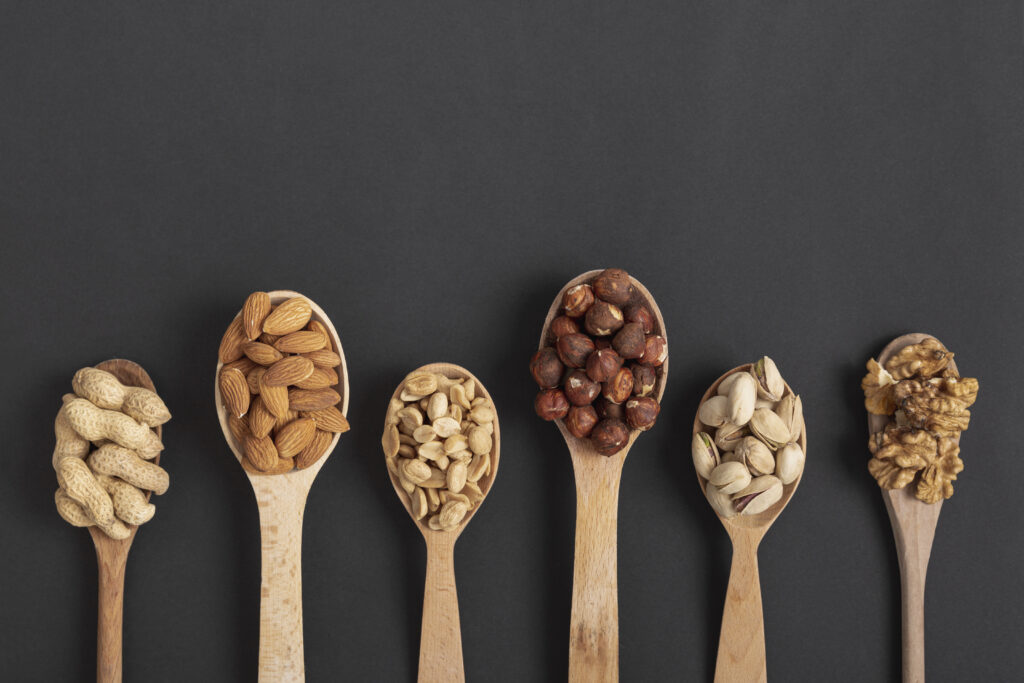
Nuts and seeds are packed with good fats, protein and fiber, making them a great fuel source for long-term energy. They are also rich in magnesium, which is required for energy production.
How to Incorporate Nuts and Seeds: Eat a small portion of almonds, walnuts, or sunflower seeds. Top smoothies, yogurt or oatmeal with chia or flaxseeds.
5. Avocados
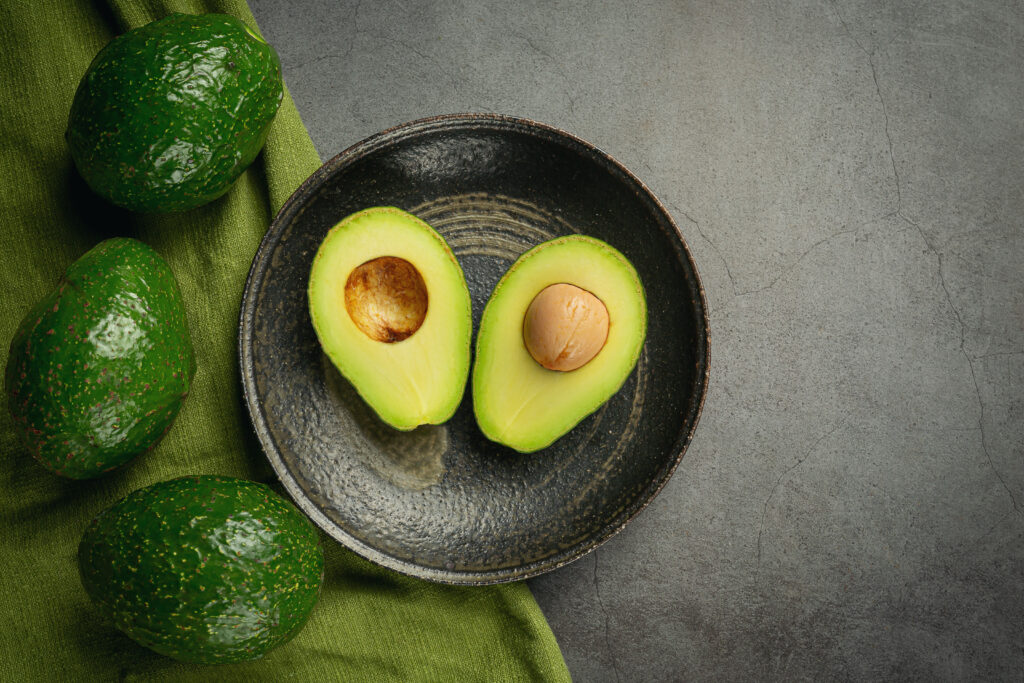
Avocados are loaded with healthy fats and fiber, which gives you a slow release of energy. They also have potassium, which is important for blood pressure and muscle control.
How to Incorporate Avocados: Top toast with avocado, toss into salads, or blend into smoothies for a rich, creamy texture.
6. Quinoa
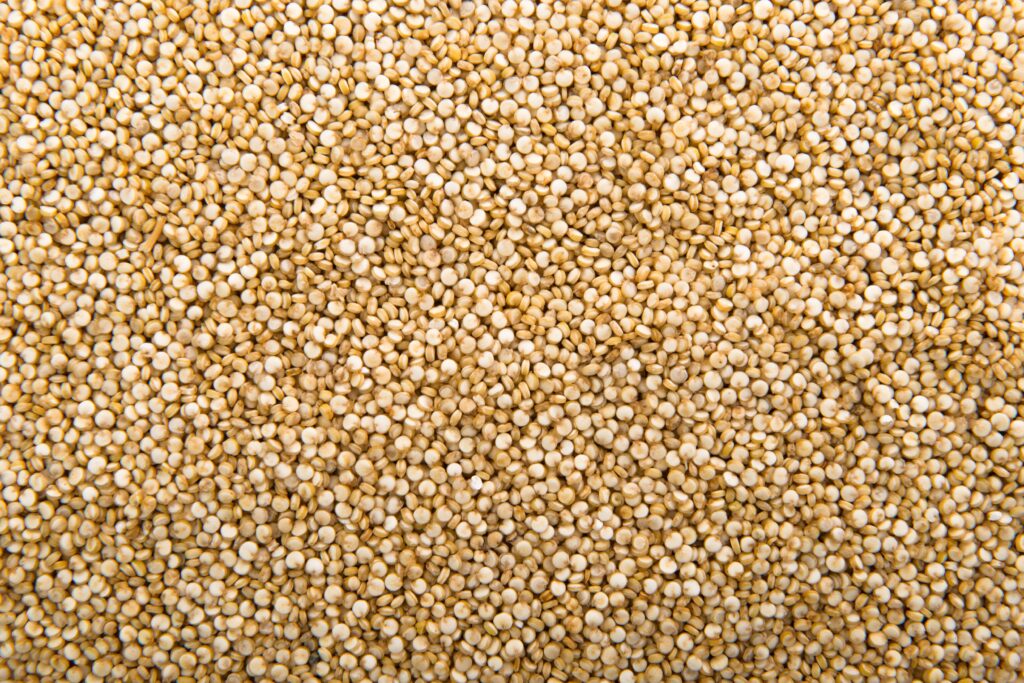
Quinoa is a complete protein; it’s got all nine essential amino acids. It is also high in complex carbohydrates and fiber, which give you the energy you need to get through the day.
How to Incorporate Quinoa: Serve quinoa as a side salad, a side dish, or even a rice replacement in other recipes.
7. Sweet Potatoes
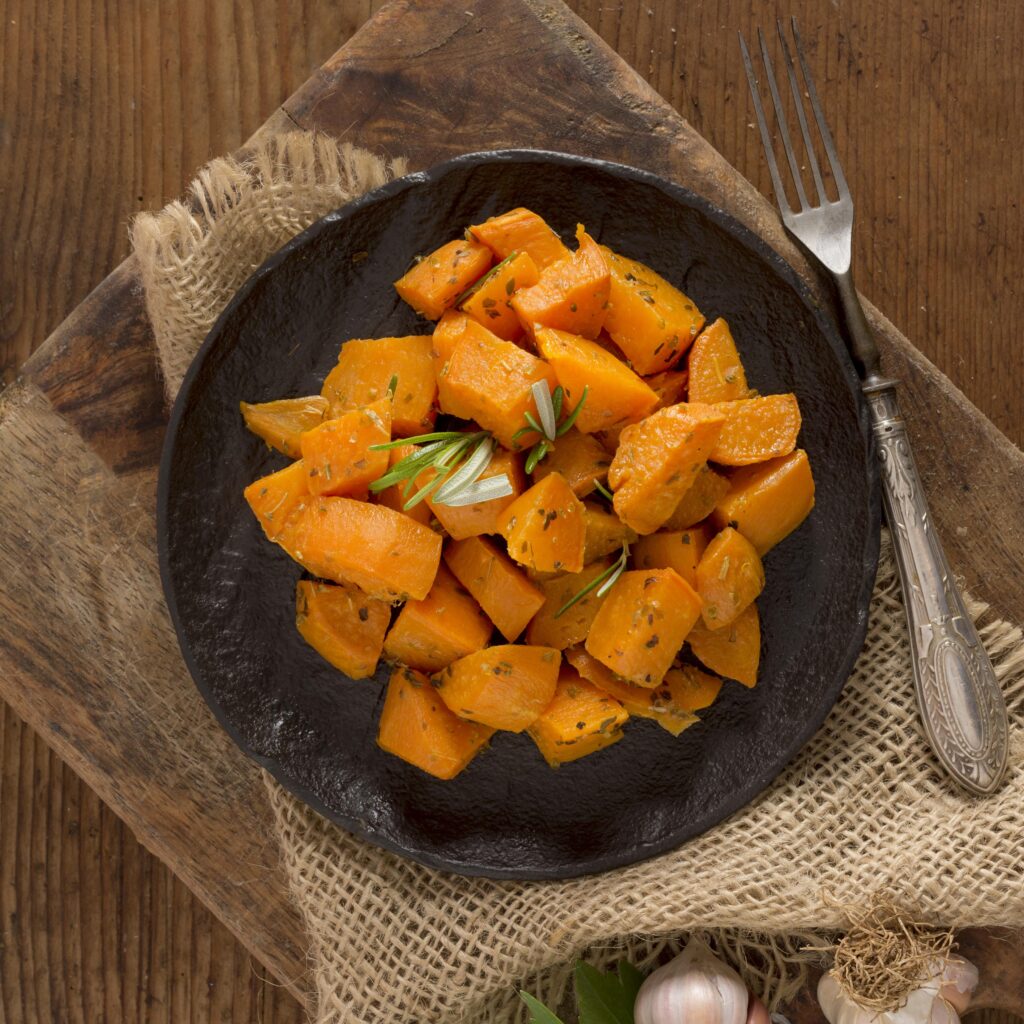
Sweet potatoes are an excellent source of complex carbohydrates and beta-carotene, which the body turns into vitamin A. They are a great source of sustained energy and promote good health.
How to Incorporate Sweet Potatoes: Roast, mash, or bake sweet potatoes. They may be served as a side dish or vegetable, or used in soups and stews.
8. Leafy Greens
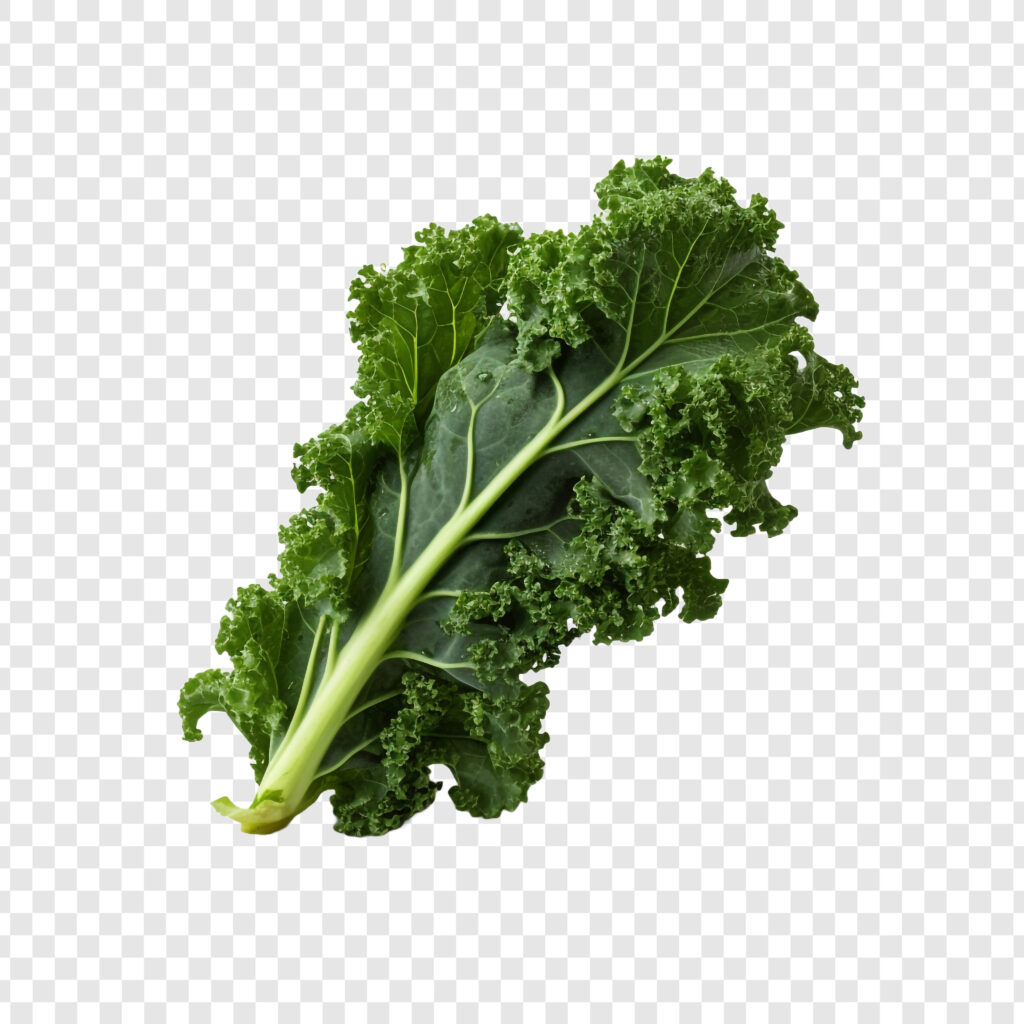
Leafy greens like spinach, kale, and Swiss chard are packed with vitamins and minerals, including iron and magnesium. They support energy production and overall vitality.
How to Incorporate Leafy Greens: Add them to salads, smoothies, or stir-fries. Use them as a base for wraps or sandwiches.
9.Berries
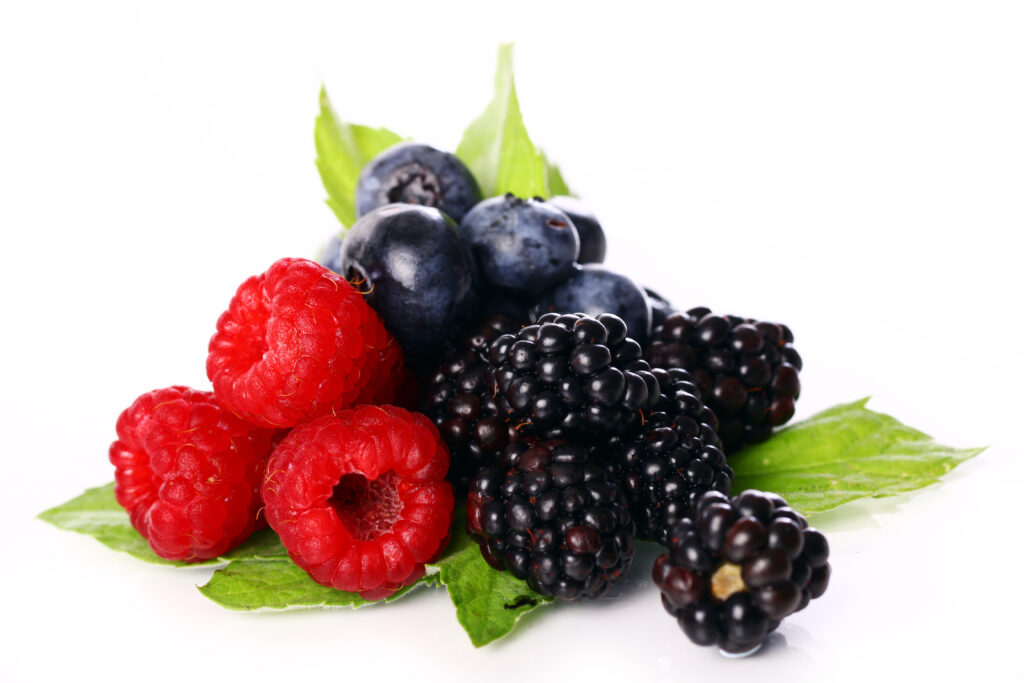
Berries such as blueberries, strawberries, and raspberries are rich in antioxidants and vitamins, which help combat oxidative stress and fatigue.
How to Incorporate Berries: Enjoy them fresh as a snack, add them to yogurt, or blend them into smoothies.
10.Legumes
Legumes like beans, lentils, and chickpeas are high in protein, fiber, and complex carbohydrates. They help maintain steady energy levels and promote digestive health.
How to Incorporate Legumes: Use them in soups, stews, salads, or as a base for veggie burgers.
11.Greek Yogurt
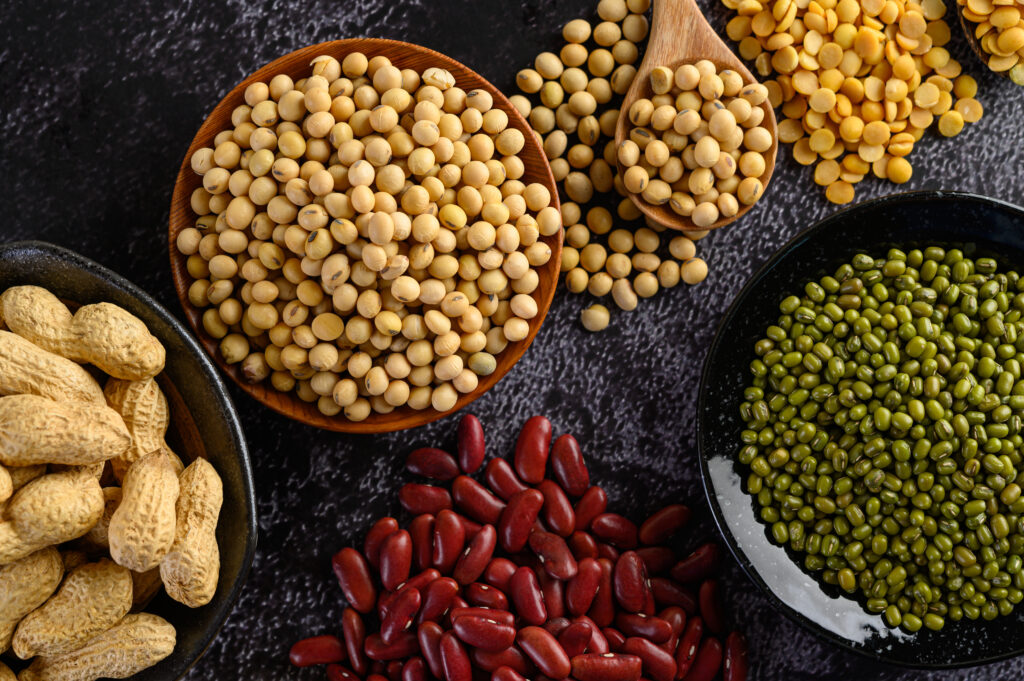
Greek yogurt is a great source of protein and probiotics, which support digestive health. It also contains calcium and B vitamins, which contribute to energy production.
How to Incorporate Greek Yogurt: Have it as a snack or breakfast, mix it with fruits, or use it as a base for smoothies and sauces.
12. Greek Yogurt
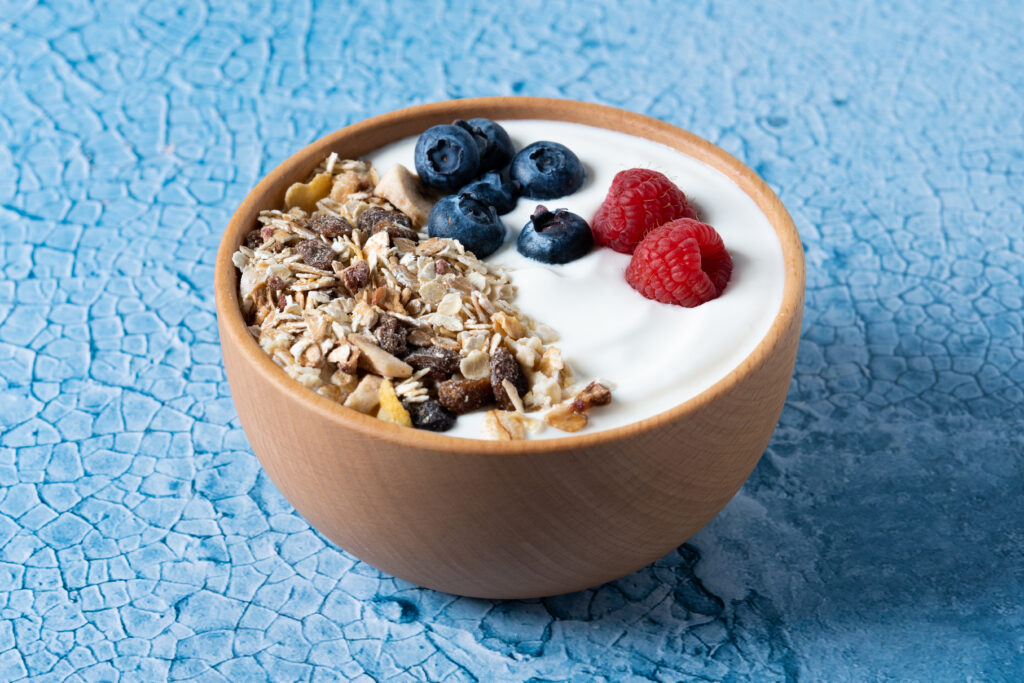
Legumes like beans, lentils, and chickpeas are high in protein, fiber, and complex carbohydrates. They help maintain steady energy levels and promote digestive health.
How to Incorporate Legumes: Use them in soups, stews, salads, or as a base for veggie burgers.
13. Whole Grains
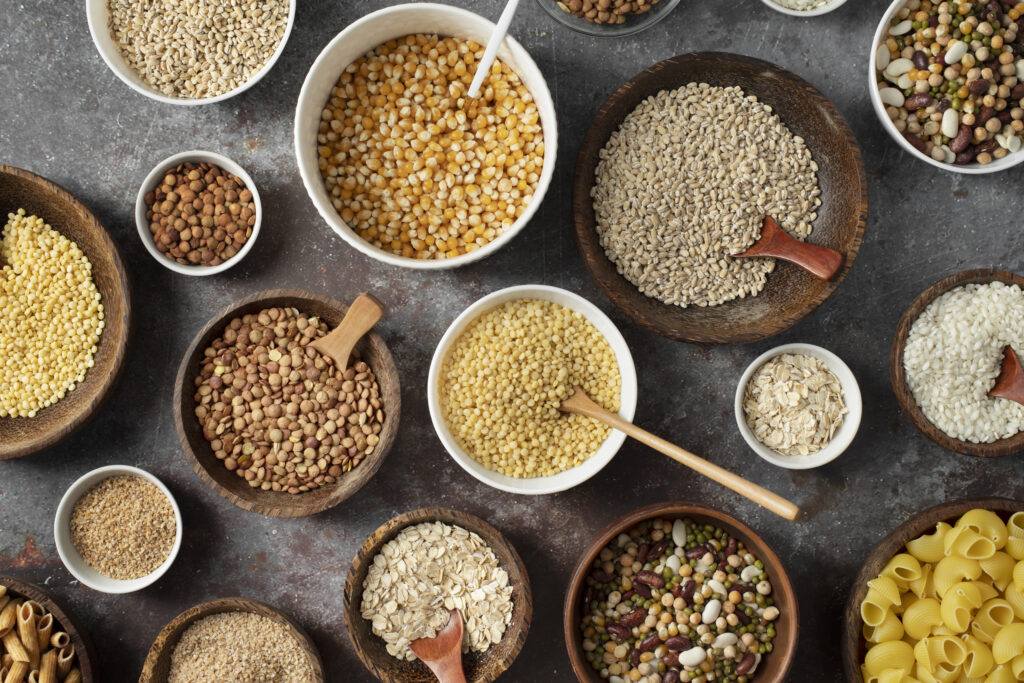
Whole grains like brown rice, barley, and whole wheat are packed with complex carbohydrates, fiber, and essential nutrients. They provide sustained energy and support overall health.
How to Incorporate Whole Grains: Use them as a base for meals, add them to salads, or use whole-grain flour in baking.
14. Citrus Fruits

Citrus fruits such as oranges, grapefruits, and lemons are rich in vitamin C, which supports immune function and helps reduce fatigue.
How to Incorporate Citrus Fruits: Enjoy them fresh, drink fresh-squeezed juice, or add them to salads and desserts.
15. Dark Chocolate

Dark chocolate is rich in antioxidants and contains small amounts of caffeine, which can provide a quick energy boost. It also improves mood and cognitive function.
How to Incorporate Dark Chocolate: Enjoy a small piece as a treat or add it to smoothies and baked goods.
Practical Tips for Boosting Energy with Food
- Eat Regularly: Consume small, balanced meals throughout the day to maintain energy levels and prevent fatigue.
2. Hydrate: Drink plenty of water to stay hydrated, as dehydration can lead to low energy and poor concentration.
3. Combine Nutrients: Pair carbohydrates with protein and healthy fats for sustained energy. For example, have a piece of fruit with a handful of nuts.
4. Limit Processed Foods: Reduce intake of sugary snacks and processed foods, which can cause energy crashes and contribute to fatigue.
5. Plan Ahead: Prepare meals and snacks in advance to ensure you have nutritious options readily available.
Conclusion
Maintaining high energy levels throughout the day is crucial for overall health and productivity. By incorporating these energy-boosting foods into your diet, you can support your body’s nutritional needs and sustain your vitality. Remember to combine these foods with a balanced lifestyle that includes regular exercise, sufficient sleep, and stress management. With the right approach, you’ll have the energy and stamina to tackle your daily challenges with confidence.
FAQS FOR The Best Foods for Men’s Energy
How do complex carbohydrates help with energy levels?
Complex carbohydrates, such as those found in oats and sweet potatoes, provide a steady release of glucose into the bloodstream. This helps maintain stable blood sugar levels, providing sustained energy and preventing sudden crashes that can lead to fatigue.
Why are proteins important for men's energy?
Proteins are essential for repairing and building muscles, and they provide a steady source of energy. High-quality proteins, such as those from lean meats, eggs, and legumes, help maintain muscle mass and overall vitality, contributing to sustained energy levels.
Can healthy fats really boost energy?
Yes, healthy fats are a dense source of energy and are crucial for absorbing fat-soluble vitamins. Sources like avocados, nuts, and olive oil provide a long-lasting energy boost and support overall metabolic health.
How do micronutrients impact energy levels?
Micronutrients such as B vitamins, iron, and magnesium play a critical role in energy production and metabolism. B vitamins help convert food into energy, iron supports oxygen transport in the blood, and magnesium aids in muscle function and energy production.
How often should I eat to maintain energy levels?
To maintain optimal energy levels, it’s recommended to eat small, balanced meals and snacks throughout the day. This helps keep your blood sugar levels stable and provides a continuous supply of nutrients to support energy needs.
Are there any foods I should avoid to prevent energy crashes?
Yes, it's best to limit processed foods, sugary snacks, and beverages that can cause rapid spikes and crashes in blood sugar levels. Instead, focus on whole, nutrient-dense foods that provide sustained energy and promote overall health.
How can I incorporate energy-boosting foods into my diet?
Incorporate energy-boosting foods by planning balanced meals and snacks. For breakfast, try oatmeal with berries and nuts. For lunch, a salad with lean meat and leafy greens is ideal. Snacks can include Greek yogurt with fruit or a handful of nuts. Preparing meals in advance can help ensure you have nutritious options readily available.









Leave a Reply